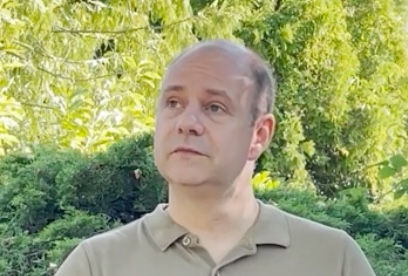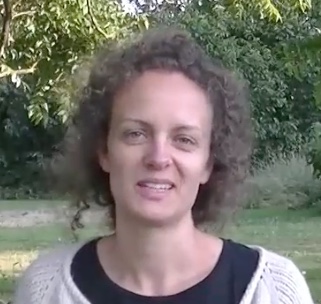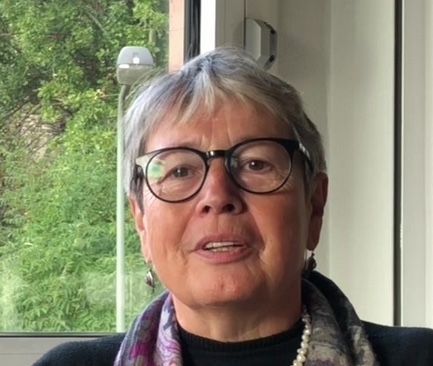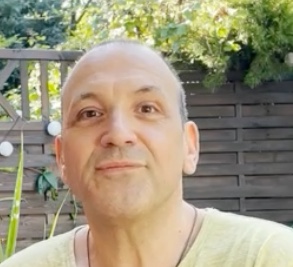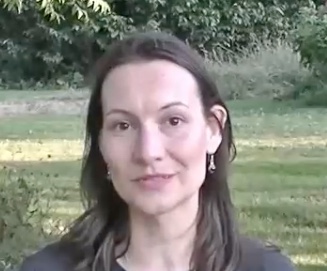Carsten Dohnke
Entdecke Dein wahres Potenzial
The Art of Living
Mit „The Art of Living“ möchten wir Dir einen Weg zeigen, der Dich dazu bringt,
Deine innere Kraft und die Weisheit Deines Herzens zu entfalten.
Mit meinem Konzept der 5 Säulen
Innere Stabilität und Ressourcen / Embodiment, Selbstheilung und Vitalität
Potenzialentfaltung / Verbundenheit und Zugehörigkeit / Meditation und Mystik
entdeckst Du Dein wahres Potenzial.
Herzlich willkommen!
Mit „The Art of Living“ möchten wir Dir einen Weg zeigen, der Dich dazu bringt, Deine innere Kraft und die Weisheit Deines Herzens zu entfalten.
Mit meinem Konzept der 5 Säulen
Innere Stabilität und Ressourcen
Embodiment, Selbstheilung und Vitalität
Potenzialentfaltung
Verbundenheit und Zugehörigkeit
Meditation und Mystik
entdeckst Du Dein wahres Potenzial.
Herzlich willkommen!
Carsten Dohnke
für Menschen, die in dieser schnelllebigen und konsumorientierten Zeit einen tieferen Sinn
im Hier und Jetzt für sich suchen.
Ein Lehrer für Menschen, die auf mentale, emotionale
und spirituelle Weise wachsen wollen und nach
ihrem wahren Potenzial suchen.
Mit seiner Partnerin Dewi De Waele und seinem außergewöhnlichen Konzept „The Art of Living“ gibt
er die richtigen Antworten auf die brennendsten
Fragen unserer Zeit.
Tao und Qigong
Harmonie und Gelassenheit durch Wiederentdeckung und Wertschätzung des eigenen Körpers.
Entdecke dein wahres Potenzial
Durch eine tiefere Verbindung zwischen Körper und Geist erschließt sich ungeahntes Potenzial.
Ausbildung
Ausbildung für eigene Entwicklung und/oder zum Lehrer für Taoismus, Qigong und Meditation.
.
Seminare
Alle Termine für Lehrgänge, Workshops und Schulungen & Aus- und Weiterbildung.
Carsten Dohnke
& Dewi De Waele
Ein wahrer Lehrer kann nur eine Brücke sein.
Die fünf Säulen
Das Konzept der fünf Säulen.
unseren fünf Säulen.
Embodiment, Selbstheilung und Vitalität
Innere Stabilität und Ressourcen
Potenzialentfaltung
Verbundenheit und Zugehörigkeit
Meditation und Mystik
Lernen mit Carsten
Ob zur Weiterbildung oder zur Auffrischung von Gelerntem, unsere Kurse
bieten dir eine optimale Grundlage zur Vertiefung und Weiterentwicklung deiner Fähigkeiten.
Das Konzept The Art of Living – entwickelt von Carsten Dohnke und Partnerin Dewi De Waele,
bietet eine Reihe von Präsenz-Kursen, Retreats, und Zertifikatsprogrammen
für die persönliche und berufliche Weiterentwicklung.
Ausserdem auch online-Kurse zum Selbststudium und hybride Trainings (Online + Präsenz).

Online-Kurse &
Kurse zum Selbststudium
Tao und Qigong – The Art of Living
Online Fundamentals
Unsere umfassende Ausbildung in Tao, Qigong und Mystik kombiniert mit westlichen Ansätzen – für diese moderne Zeit
(mit Zertifizierung)

Zertifizierte Programme
und Retreats

Tao und Qigong – The Art of Living
Taoistisches Training
Start im Oktober 2024
Unsere neue Ausbildung in Frankfurt
mit Carsten Dohnke und Dewi De Waele
Für persönliche Entwicklung und
Möglichkeit zur Qigong-Lehrer-Zertifizierung.
Inner Alchemie und Kan & Li Retreats
Sommer 2024
Die tieferen inneren taoistischen Praktiken, ganz erfahrbar – im Odenwald und in Holland.


Artikel von Carsten
In seiner langen Karriere hat Carsten Dohnke viele Artikel und Abhandlungen seiner Arbeit verfasst.
An dieser Stelle möchten wir dir einige Beiträge vorstellen, die einen guten Einblick geben.
„Selbstakzeptanz und Selbstliebe sind die Basis, um uns selbst wirklich zu spüren,
tief bei uns selbst anzukommen, unsere Schattenseiten zu akzeptieren und in unserem Sein anzukommen.“
– Aus dem Artikel “Durch Selbstliebe zur Weisheit“
Erlebe unser Konzept für Ganzheitlichkeit
und entfalte Dein volles Potenzial
The Art of Living
Das Webinar „Die Heilkraft deiner Hände“ – mit Frankfurter Ring
In diesem Webinar aktivierst du zusammen mit Carsten das Potenzial der Hände, inkl. Energie-Übertragung und Mantra-Session
Carsten im Gespräch mit Timo Simon – Herz Flow Kongress
Erfahre mehr über Carsten’s Hintergrund, Motivation und Mission
Vortrag „Die Bedeutung von Meditation“ – aus der online Ausbildung „Tao & Qigong – Online Fundamentals“
Vortrag „Die fünf Ebenen des Seins und der Heilung“
Vortrag (English) The 5 levels of healing
Carsten und Dewi – Kuan Yin Qigong
Das sagen unsere Teilnehmer
Teilnehmerstimmen



